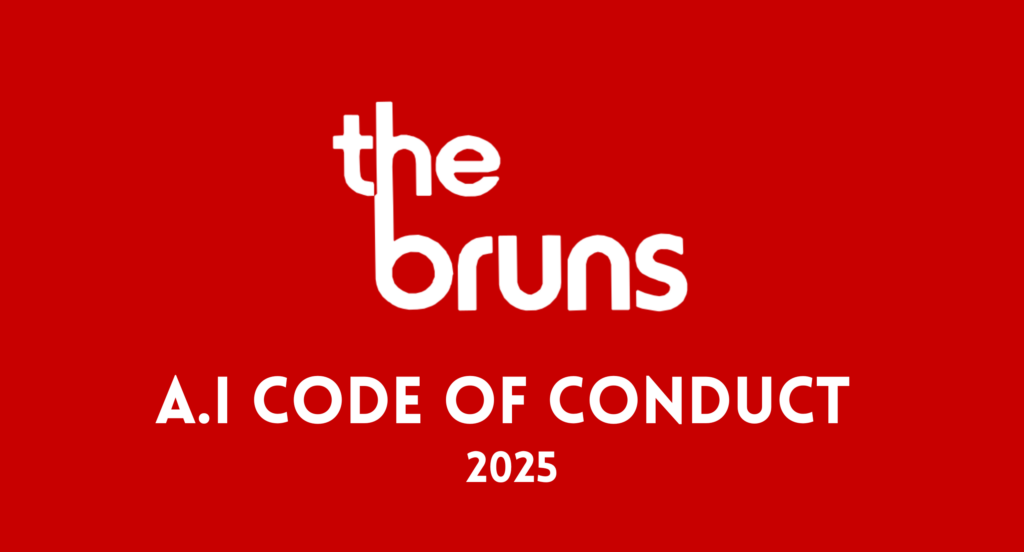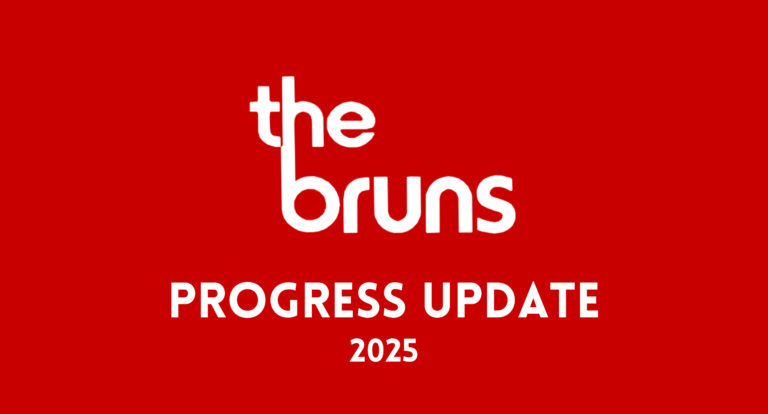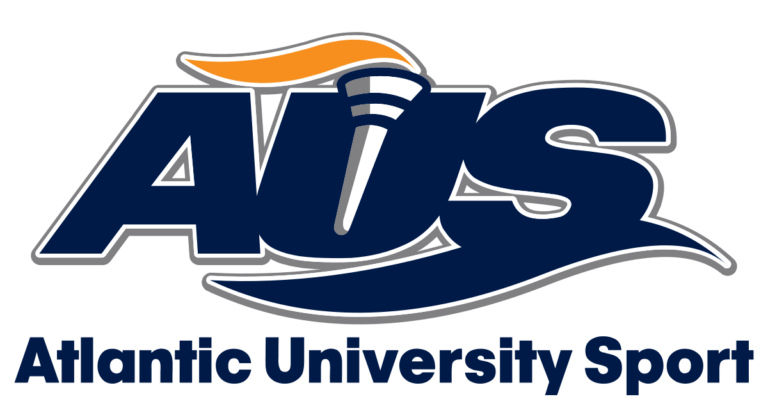Any action misisrepresenting the Brunswickan Publishing Incorporated or undermining the mission and values statements outlined within rectifies Immediate Dimissal.
See here for 2025 Mission Statement: Mission Statement 2024-2025.
1.0 Context behind Code of Conduct
As the oldest student publication in Canada, The Brunswickan upholds the highest journalistic standards. Our organization has no tolerance for plagiarism, academic dishonesty, or AI-generated content, ensuring that all published works reflect authentic, student-driven journalism.
Student journalists at The Brunswickan are responsible for producing accurate, engaging, and original content that captures campus life in an unbiased and comprehensive manner. In doing so, they are bound by the organization’s established guidelines, bylaws, and ethical principles.
Violations of these standards may result in immediate termination, as outlined in Section 7.6 of the Bylaws.
2.0 Immediate Dismissal (Section 7.6 of Bylaws)
2.1 Definition of Grievous Offenses
A grievous offense is any action or omission by an Editor, Director, or Member that poses a significant or immediate threat to Brunswickan Publishing Inc., its reputation, operations, or journalistic integrity.
2.2 Examples of Grievous Offenses
Grievous offenses include, but are not limited to:
- Plagiarism: Using any content—text, images, research, or multimedia—without proper attribution.
- AI-Generated Content: Creating, submitting, or publishing content generated by AI (e.g., ChatGPT, Bard) in any form without express authorization.
- Misinformation and Misrepresentation: Publishing false or misleading information that misrepresents The Brunswickan or its mission.
- Ethical Violations: Any action that undermines the credibility, independence, and integrity of The Brunswickan.
Violating these policies jeopardizes the publication’s trustworthiness and will result in disciplinary action up to and including termination.
3.0 Plagiarism and AI-Generated Content
3.1 Plagiarism (UNB Academic Policies)
Plagiarism is a severe academic offense at the University of New Brunswick and is defined as:
- Direct Copying: Using text, images, statistics, or other materials without proper acknowledgment.
- Idea Theft: Submitting someone else’s argument, structure, or research without citation.
- Resubmission: Submitting previously published or submitted work without proper disclosure.
- AI-Generated Content: Using AI-generated material without full attribution and editorial oversight.
2.11 Plagiarism – Examples
- Buying works online or in-person for use without attribution or credit
- Submitting student works from a previous year without attribution or credit
- Copying and pasting works directly from electronic sources without attribution or credit
- Using any works of Artificially generated content
All content must be the original work of the journalist and must reflect real student experiences, interviews, or research. Any violation of this principle will result in immediate dismissal.
4.0 Misinformation and Misrepresentation
Misinformation refers to publishing false, misleading, or unverified information that could harm individuals or mislead readers.
Misrepresentation includes:
- Publishing fabricated quotes, sources, or statistics.
- Failing to disclose conflicts of interest.
- Distorting facts to fit a personal, political, or institutional agenda.
Misinformation and misrepresentation are grounds for immediate disciplinary action.
5.0 Works Defined
Works are defined in this context as articles, books, journals, magazines, videos, newspapers, scripts, reviews, essays, documentaries, tutoring contents, or ANY other content source, both online or offline, which in combination or solemnly, are written, edited, published or submitted by someone other than the member(s) of Brunswickan Publishing Inc.
6.0 Enforcement and Consequences
Any violation of this Code may result in:
- Warning or Retraining (for minor first-time offenses).
- Revocation of Publication Rights (if work is deemed unethical).
- Immediate Termination (for grievous offenses, including plagiarism and AI content use)
Severe offenses may also be reported to UNB’s academic misconduct office, according to the university’s official policies on plagiarism and academic integrity.




